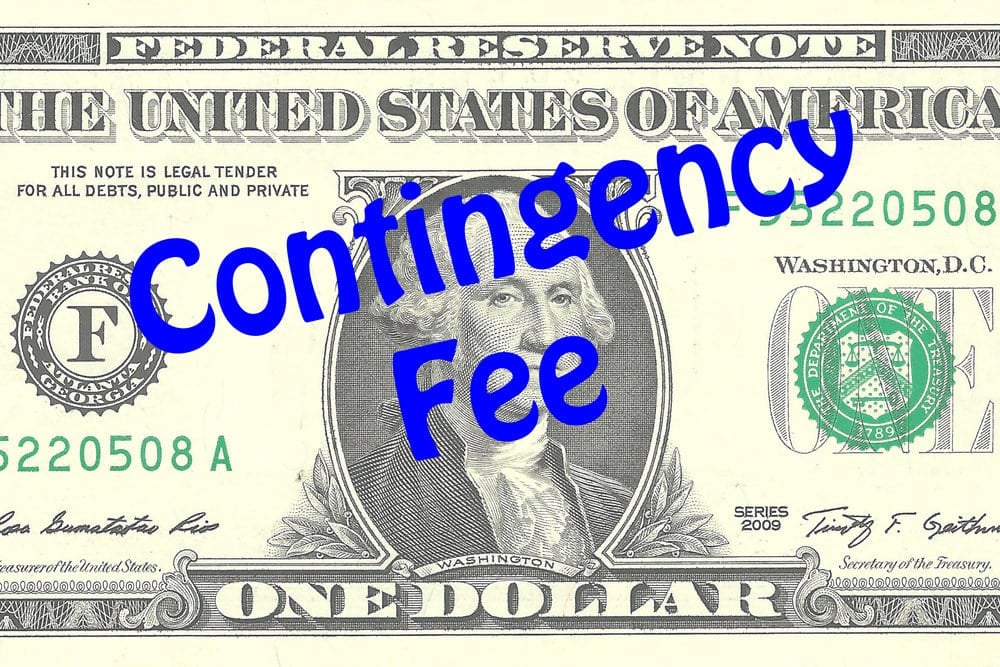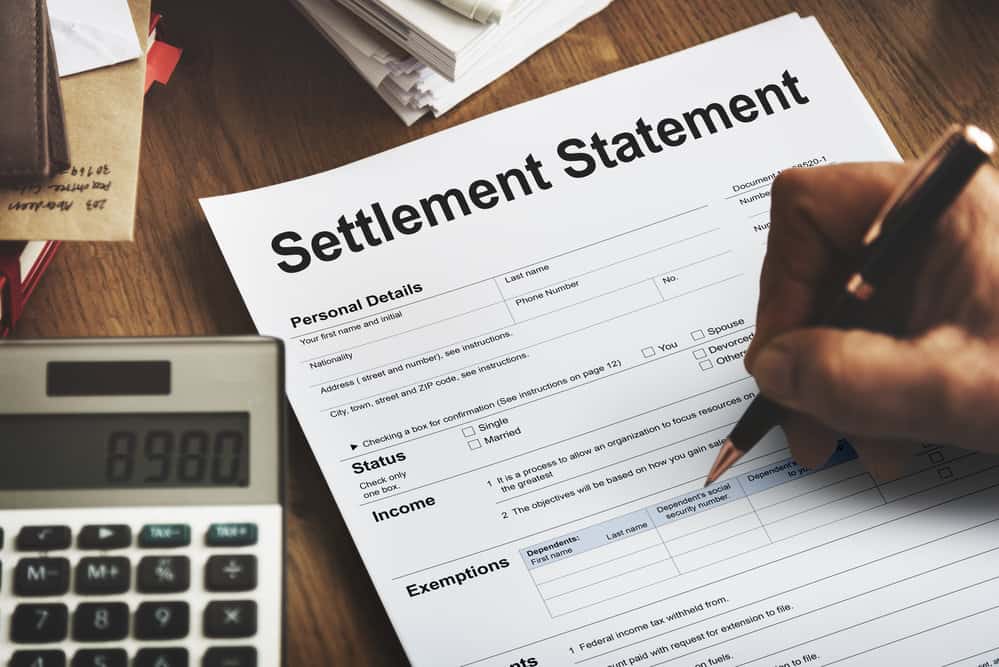When faced with the aftermath of an accident, many people hesitate to seek legal representation. The main concern? Cost. However, it’s essential to understand that not all legal fees are structured the same. In Milwaukee, and indeed across the nation, many people work with an injury attorney who charges on a contingency basis. This fee structure can be a game-changer in personal injury cases. This article will explore the ins and outs of contingency fees and how injury lawyers get paid.
What is a Contingency Fee?
A contingency fee arrangement is a fundamental aspect of many personal injury cases. It is essentially an agreement between you and your lawyer, where the attorney’s fees are contingent upon the successful outcome of your case. Your lawyer only gets paid if you win your case or secure a settlement. Such an arrangement offers several advantages. It ensures that your lawyer is genuinely invested in your case’s success, as their payment is directly tied to the results they achieve for you. Additionally, it reduces the financial burden on your part, as you don’t have to pay any upfront costs for legal representation. Contingency fees provide an accessible way for individuals to pursue personal injury claims without fearing high legal expenses.
How Contingency Fees are Calculated
The percentage of the compensation that goes to your lawyer, typically through a contingency fee arrangement, can vary, often falling within 25% to 40%. A clear and transparent discussion with your attorney about this rate is crucial before entering into any formal agreement. Understanding the exact percentage ensures you are well informed about the portion of your compensation allocated for legal fees. This knowledge helps you manage your expectations and make informed decisions about pursuing your personal injury claim. Open communication about fees and potential expenses is vital to a productive attorney-client relationship in personal injury cases.
What Costs Are Covered?
Contingency fees typically cover the attorney’s legal services but may not include additional expenses related to your case. These additional costs, such as court filing, document preparation, and expert witness fees, are often separate from the contingency fee. However, some attorneys may advance these costs on your behalf and deduct them from your settlement or award if the case succeeds. When working with a lawyer, discussing all the costs and fees that come with your case is important. You’ll want to ensure you understand how everything will be paid for, and managed, so it’s a good idea to discuss this with your attorney.. Clarity on these matters helps you understand the financial aspects of your legal representation fully.
The Importance of a Written Agreement
Entering into a contingency fee arrangement should always be formalized with a written agreement. This document should outline the fee structure, percentages, and other financial responsibilities you may incur. When it comes to fees and financial responsibilities, it’s important to understand the percentages and other costs you may incur clearly. A written agreement can help prevent any misunderstandings. Make sure everything is easy to understand and straightforward for you.
What Happens If You Lose?
The biggest allure of a contingency fee is that if you lose your case, you generally owe the lawyer nothing for their time and legal expertise. However, you might still be responsible for other costs like court fees or expert witness charges. Be sure to understand your financial obligations fully, win or lose.
Comparing Fee Structures in Milwaukee
In Milwaukee, you’ll find that many law firms offer a variety of fee structures, including hourly rates and flat fees, in addition to contingency fees. Each has pros and cons, but a contingency fee often makes the most sense in personal injury cases. It aligns the attorney’s interests with your own: they get paid only if you get paid, making them highly motivated to win.
When to Consult an Injury Attorney
The best time to consult an injury lawyer is as soon as possible after an accident. Quick action can help preserve evidence and make your case stronger. Furthermore, most attorneys offer free initial consultations where you can discuss fee structures and other case specifics. This meeting will provide valuable insights into whether a contingency fee arrangement fits your situation best.
Explaining how contingency fees function can make the legal process less daunting. This payment method makes it easier for you to get a lawyer’s help without paying upfront. In cities like Milwaukee, where personal injury cases differ in their complexity, being aware of your choices can affect how well your case turns out.




